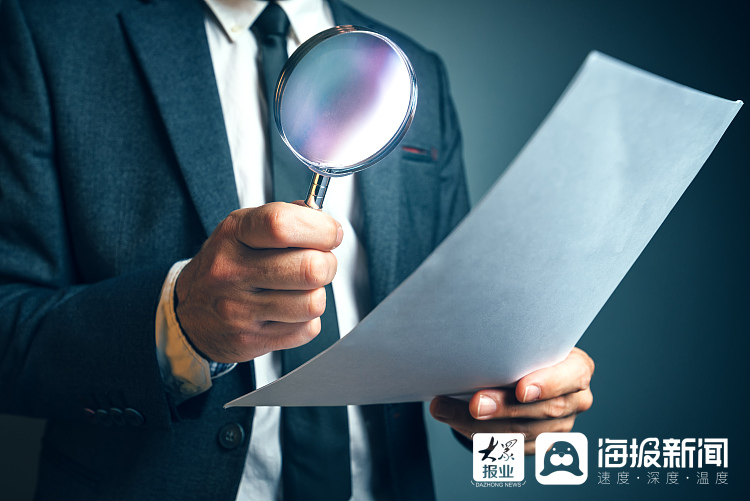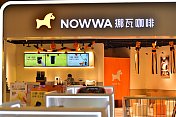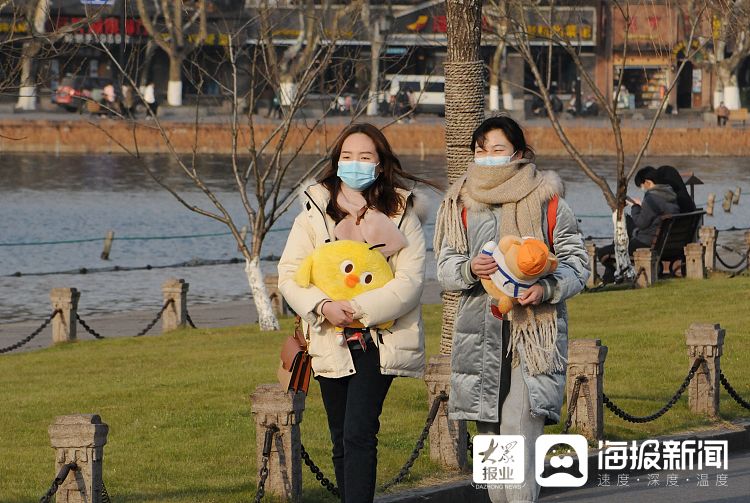How China coped with influx of “Western overcapacity” after WTO accession
2024-12-12 13:28 Xinhua
This aerial drone photo taken on Dec. 10, 2024 shows a container terminal of Lianyungang Port, east China's Jiangsu Province. (Photo by Wang Chun/Xinhua)
BEIJING, Dec. 11 (Xinhua) -- As Wednesday marks the 23rd anniversary of China's accession to the World Trade Organization (WTO), dealing with import competition remains a lingering challenge worldwide.
The unease among some Westerners over the import of China's electric vehicles (EVs) is strikingly similar to the concerns Chinese automakers once had about intensified competition from foreign brands when the country was preparing to join the WTO.
"Wolf's coming!" Chinese automakers cried back then, calling for protection of the domestic auto industry from foreign competitors, with major car companies even calling for delaying the sector's opening up.
Despite pressure from the domestic auto industry, Chinese officials were convinced that high tariffs and other trade restrictions would only shelter the country's obsolete auto industry and consumers would pay the price, according to Long Yongtu, who was China's chief negotiator for entry into the WTO.
Ultimately, China committed to slashing import tariffs and lifting other restrictions on automobiles as part of its WTO accession. Surprisingly, China's auto market did not wither but rather expanded rapidly.
Dong Yang, an industry insider who participated in the negotiations, was impressed to see the price of a Xiali car, a popular Chinese brand, drop drastically from over 90,000 yuan (about 12,527 U.S. dollars) to some 40,000 yuan, alongside a decline in the prices of imported cars.







